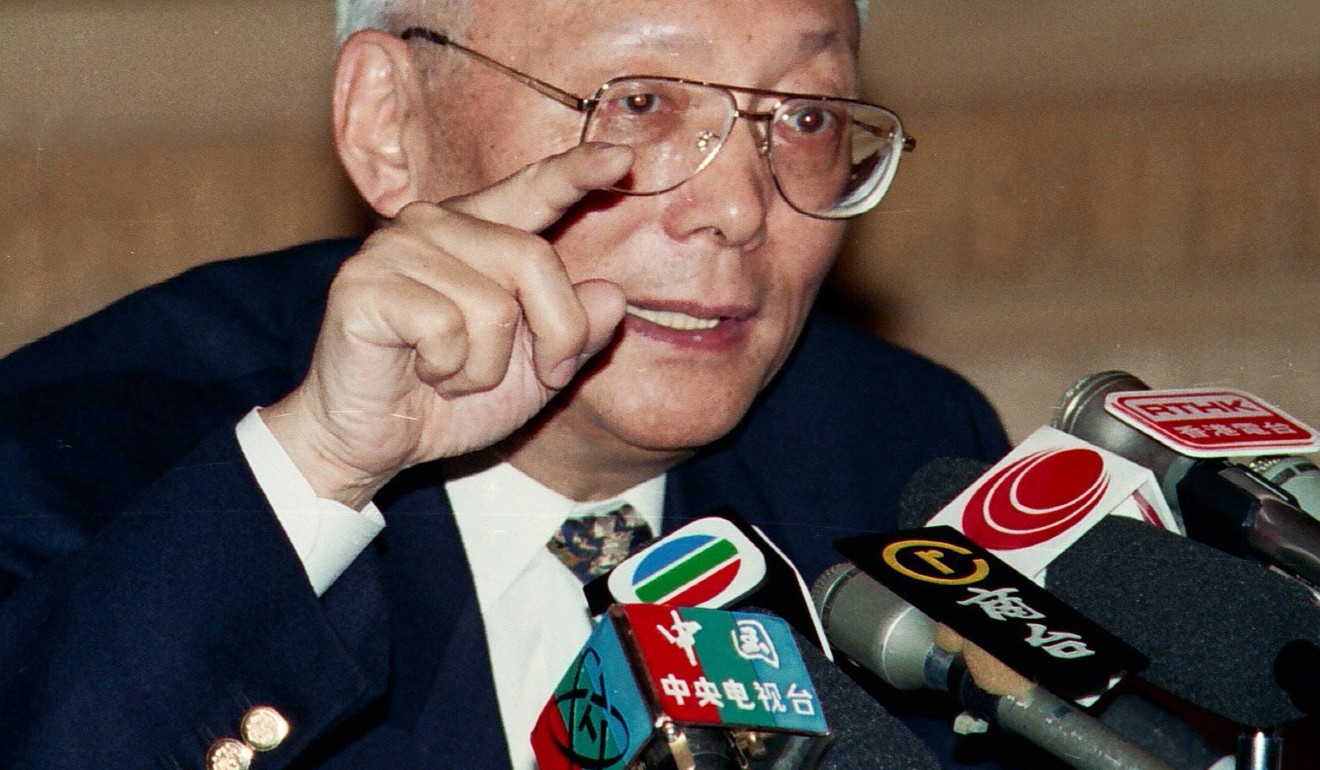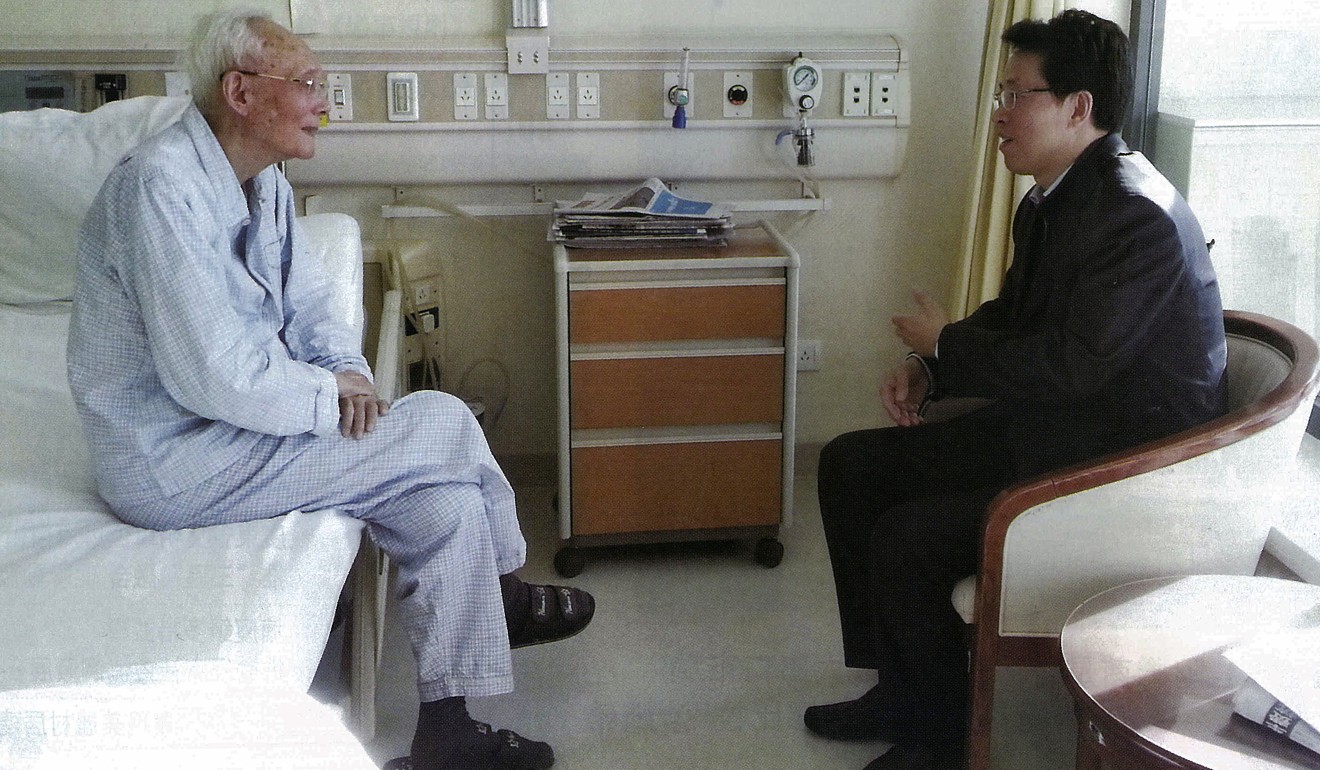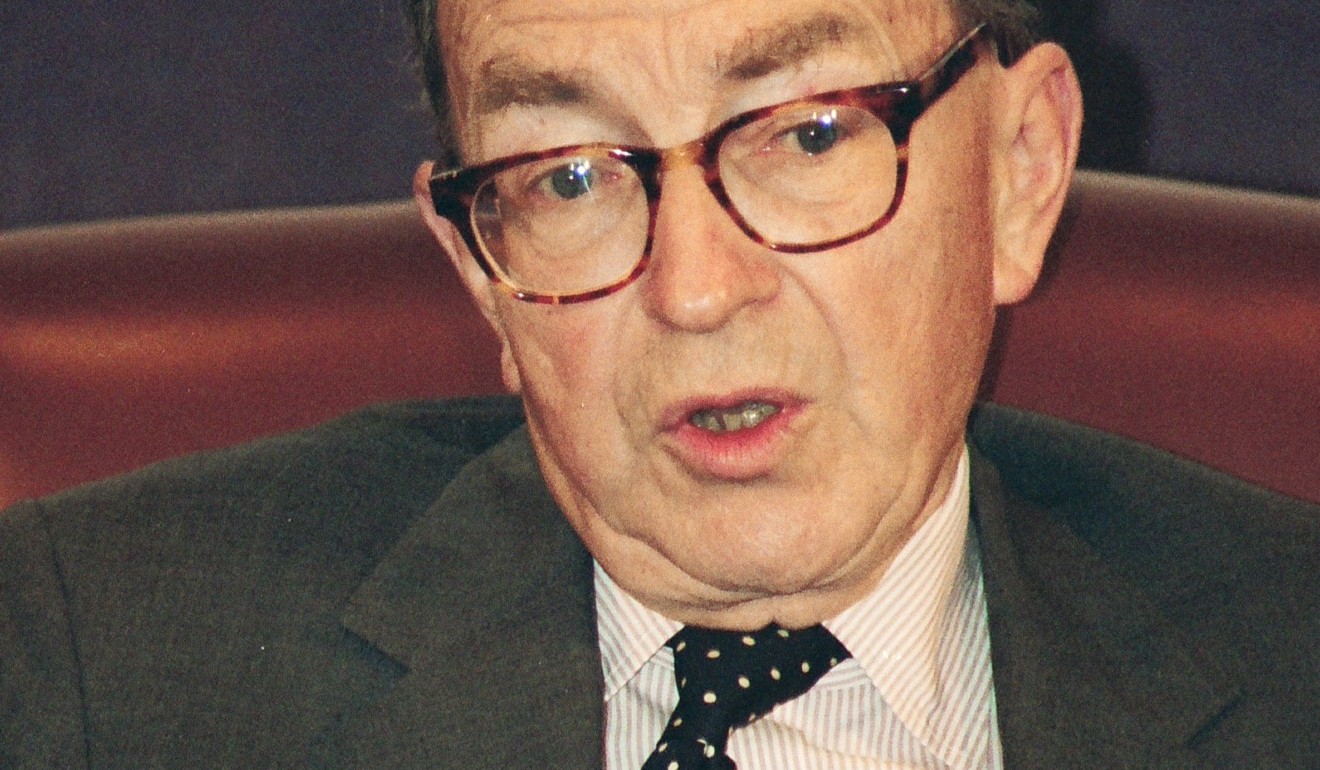
Getting to know more about one of Beijing’s top men on Hong Kong
Zhang Xiaoming’s recent ode to a predecessor and mentor gives a glimpse into how he views cross-border relations at a fraught time
Many should be familiar with Sun Tzu’s words of wisdom: “If you know the enemy and know yourself, your victory will not stand in doubt; if you know Heaven and know Earth, you may make your victory complete.”
The same logic can be applied to the handling of Hong Kong’s relations with mainland China. Although the two sides are not enemies in any sense, there are many differences between them under the “one country, two systems” arrangement, and understanding Beijing’s thinking can be crucial.

In the article, Zhang for the first time told the story of how, as a law student, he gave up his promised teaching post at his Beijing alma mater, Renmin University, in 1985 to join the HKMAO.
“I was reading People’s Daily one night in my dormitory and noticed a story as big as just a piece of Tofu on an inside page: a group of legal experts led by Lu Ping held more than 100 meetings within one month in Hong Kong,” he wrote. “I realised that legal professionals must be much needed for Hong Kong’s handover of sovereignty.”
Cross-border pupils see less intense Hong Kong primary school competition near mainland China
Zhang immediately wrote to Lu, recommending himself for the job. He got what he wanted, before gradually becoming the rising star of the office. And what impressed him most about Lu, he said, were his firm principles throughout the Sino-British talks in the 1980s and 1990s.

It was Lu who forced Percy Cradock, Major’s political adviser and former British ambassador to China, to stick to his earlier agreement to the trip, by threatening to end the discussion when Cradock was about to change his mind.

Even when facing Hong Kong delegates, Lu was uncompromising when it came to matters of national interest. That was why he was firmly against surrendering to local immigration control over the post-1997 entry of mainlanders to Hong Kong, insisting it had long been the power of the central government, even during colonial days.
Like him or not, this is where Zhang, who now sits in Lu’s position, comes from.
Watch: What does ‘one country, two systems’ mean?
The timing of Zhang’s article is not just to mark the 90th birthday of Lu, who died two years ago, but also to tell a simple truth: Beijing’s policy towards Hong Kong has never changed; national interests always prevail.

